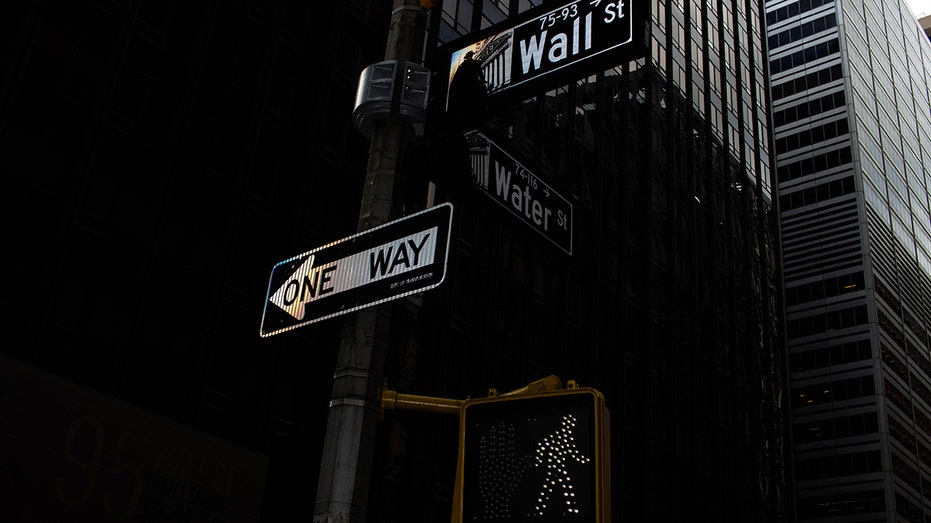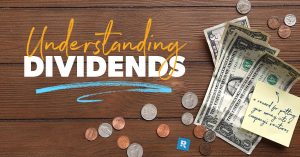There may be trouble looming on the horizon for the U.S. stock market, according to BCA Research.
In a note to clients last week, BCA Research chief global strategist Peter Berezin warned that, contrary to popular belief, the economy will fall into a recession either this year or in early 2025.
Should that happen, the S&P 500 could tumble to 3,750, which marks a 30% drop from current levels.
Berezin’s prediction hinges on the belief that the labor market will slow notably in coming months, which will weigh heavily on consumer spending – a major driver of economic growth. The relationship between inflation and unemployment is measured by something called the “Phillips curve.”
SMALL BUSINESSES FACE NEW THREAT: BALLOONING RENTS
“The reason the U.S. avoided a recession in 2022 and 2023 was because the economy was operating along the steep side of the Phillips curve,” he wrote. “When the labor supply curve is nearly vertical, weaker labor demand will mainly lead to lower wage growth and falling job openings. In other words, an immaculate disinflation.”
Berezin also foresees widespread economic pain, with growth slowing sharply in Europe and China. This scenario could further weaken global growth and weigh heavily on international stocks.
WEALTHY AMERICANS ARE ANXIOUS ABOUT MAKING ENDS MEET
Stocks notched a new record in mid-May, with the Dow Jones Industrial Average topping 40,000 for the first time ever, but they have since fallen from those highs.
| Ticker | Security | Last | Change | Change % |
|---|---|---|---|---|
| I:DJI | DOW JONES AVERAGES | 39192.21 | +73.35 | +0.19% |
| I:COMP | NASDAQ COMPOSITE INDEX | 17840.69858 | +108.10 | +0.61% |
| SP500 | S&P 500 | 5470.47 | +9.99 | +0.18% |
The indexes opened slipped Monday morning as investors await key jobs data from the Labor Department. The S&P benchmark was down about 12 points as of mid-morning.

The forecast from BCA Research – one of the gloomiest on Wall Street – comes after a volatile year for the market.
All three indexes tumbled in mid-2023 amid fears the Federal Reserve would raise interest rates higher than previously expected – and hold them at peak levels for longer. However, they have recouped those losses and more, with the S&P 500 up more than 29% since it hit bottom at the end of October.
Since the start of the year, the benchmark index is up about 15%, while the Dow Jones Industrial Average has climbed 3.7%. The tech-heavy Nasdaq Composite, meanwhile, has increased about 20% year to date.
Read the full article here
















